What are the different types of ways to live a vegan lifestyle?
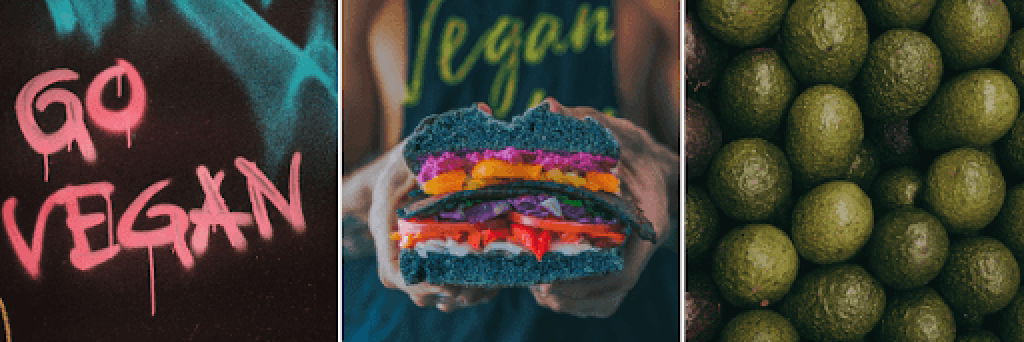
With so many different types of veganism out there, it can be hard to know which one is right for you. Vegans will often describe themselves as being part of a particular group based on their specific vegan diets, vegan fashion or motivations for living a vegan lifestyle. For example a person may describe themselves ethically vegan, or raw vegan, or plant-based. Here’s a quick rundown of the most popular types of veganism, so you can understand more of the reasons people choose a vegan lifestyle and also decide which path is best for you.
Veganism broadly refers to abstaining from consuming any animal products, such as meat, dairy, eggs, and milk. Vegans may also choose to avoid any consumer products that exploit animals in their production, for example products that use leather, wool, fur, or silk. This is one of the reasons why vegan sneakers and clothing have become popular as people transition away from animal leather. Generally, vegans also prefer products that are cruelty-free and not tested on animals.
What does it mean to be a plant-based vegan?
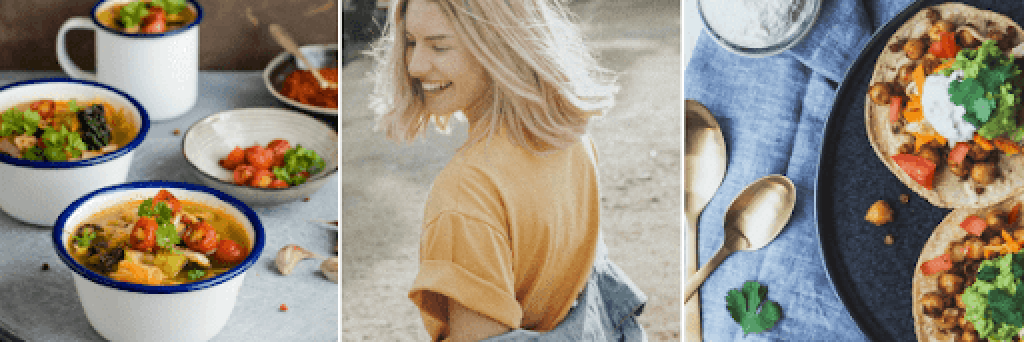
The main focus of being a plant-based vegan is diet. Being a plant-based vegan means choosing to follow a diet that is completely free of all animal products, such as meat, dairy, eggs, and honey. Dairy includes products like butter, milk, cheese and yogurt. Instead, the focus is on consuming vegetables, fruits, grains, nuts, and other plant-based foods for health benefits.
Eating a plant-based diet has been shown to reduce blood pressure, cholesterol levels, and the risk of heart disease. Furthermore, plant-based foods are usually higher in vitamins, minerals, and antioxidants than other diets. Going plant-based is an effective way to improve health, increase energy levels and decrease the chance of developing chronic diseases.
A person following this type of diet may also describe themselves as a health-food vegan. Health-conscious vegans strive to ensure that their vegan diets contain all the essential nutrients they need for optimal health, while also using non-animal-derived ingredients whenever possible.
What is raw veganism?
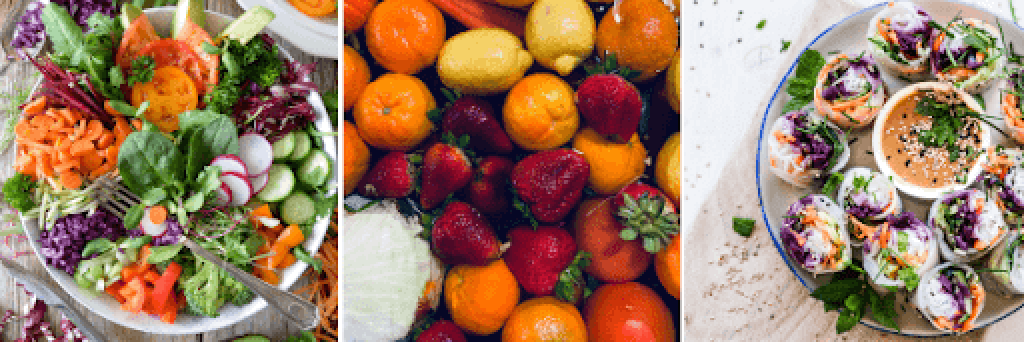
Raw veganism is a subset of veganism that excludes all animal-based foods. It requires that all plant-based foods be consumed raw or heated at temperatures below 104–118°F (40–48°C). Food choices typically include fruits, vegetables, nuts, seeds, sprouted grains, and legumes – avoiding processed foods like cooked meals, baked goods, and highly refined products. Instead of cooking food raw vegans use other methods of preparation including juicing, blending, soaking, sprouting and dehydrating.
This diet is usually chosen for health reasons and is one of the strictest types of veganism.
Can I be a junk food vegan?

Not all vegans follow a healthy diet. Many vegan-friendly processed foods exist that can be classified as junk food, such as chips, cookies, and other snacks. Some products can be described as accidentally vegan, meaning that the manufacturer didn’t intend to create a specifically vegan product but no animal product ingredients like butter or milk were used. Examples include well-known brands like Oreo cookies, Lays Classic and BBQ flavor chips, Wheat Thins, Ruffles Original chips and, Airhead candies.
Processed foods and snacks can be easy and convenient for vegans who are not pursuing a vegan lifestyle specifically for health reasons. However, while these products may fit into the vegan criteria of avoiding animal products, they may not provide your body with the nutrients it needs to stay healthy. To ensure they are getting all the essential vitamins, minerals and, proteins their body needs, these vegans should supplement their diet with whole foods including fresh fruits and, vegetables whenever possible.
Save the planet with environmental or eco-veganism
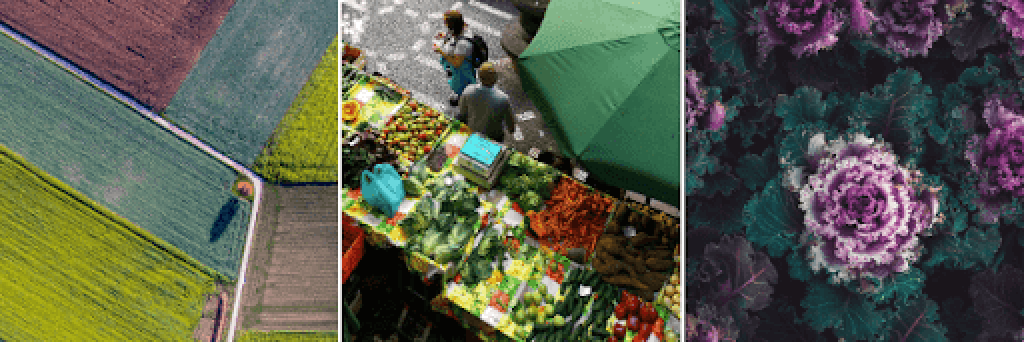
Environmental veganism is a type of veganism that seeks to protect the environment, conserve resources and prevent animal suffering caused by factory farming.
It is more efficient to grow crops directly from the soil rather than farming livestock.
According to a 2018 report, livestock uses up a disproportionate amount of agricultural land while providing only 17 percent of calories consumed globally.
Crops use less agricultural land and also provide a more diverse selection of food types. In contrast, raising livestock requires additional resources such as water, pasture land, and transportation which often leads to environmental degradation over time. Farming livestock also creates more greenhouse gas emissions.
Using agricultural land to grow crops instead of raising livestock can maximize yield while preserving natural resources for generations to come.
Environmental vegans also strive to live sustainable lifestyles including buying foods that are seasonal and locally grown and avoiding food waste. Preserving the planet is a great reason to start eating vegan.
Why do some people call themselves ethical vegans?
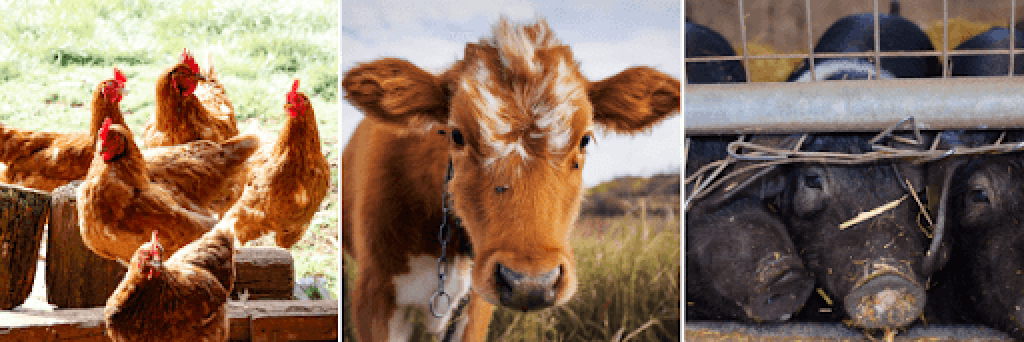
Ethical vegans choose to live a vegan lifestyle because of their compassion and respect for all creatures. They are mainly focused on reducing the unnecessary suffering of animals and believe that animals should not be treated as property or commodities.
Ethical vegans avoid eating any animal products and also won’t buy any clothing or consumer goods made using animal products like leather, wool, silk or fur. They oppose cruel practices such as those found in factory farming, vivisection, fur farming and, animal testing.
Often ethical vegans are also activists who advocate for laws and regulations that protect animal welfare and consider it a moral responsibility to defend those who cannot defend themselves from abuse. Famous ethical vegans and animal rights activists include Moby, Joaquin Phoenix and Billie Eilish.
Traditional religions and cultures that practice veganism
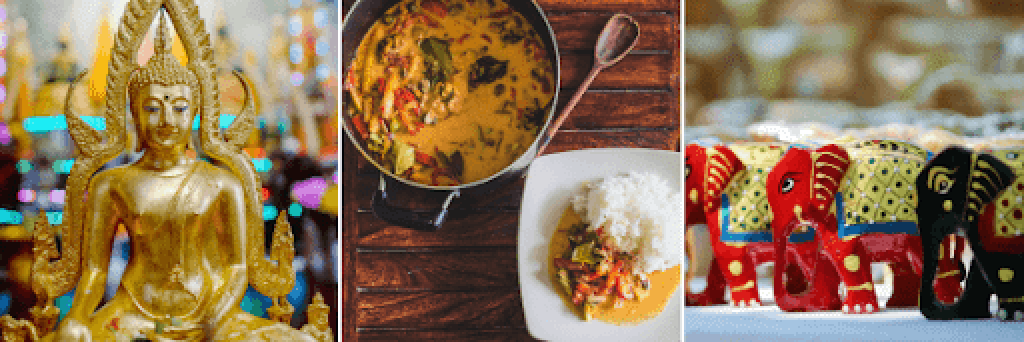
There are many religions and cultures around the world that follow vegan practices.
Buddhists believe in the cultivation of compassion, wisdom, and non-violence and strive to reduce suffering for all beings. This is reflected in their dietary choices, which include removing all animal products from their diet.
Rastafarians emphasize peace, justice, and compassion for all creatures, believing that harming animals or using them for food is wrong. They strive to lead an environmentally conscious lifestyle that prioritizes care for the planet and its inhabitants.
The Indian religion of Jainism also encourages followers to abstain from any animal products, including meat, eggs and dairy. They strive to live with compassion and reduce suffering for all creatures by cultivating a state of non-violence, known as ahimsa. Jains will not eat onion and garlic, roots and tubers, as these plants have living organisms in them which can be harmed through harvesting.
Whilst veganism is fairly new to the US, many countries around the world have long traditions of cultural veganism.
Thailand is known for its vibrant and varied vegan cuisine. Traditional dishes draw on ingredients such as fresh produce, herbs and spices to create flavourful dishes that are packed with nutrition. Popular vegan dishes include Pad Thai, using a combination of noodles, bean sprouts, tofu, garlic and chillies; stir-fried vegetables cooked in tamarind paste; noodle soups flavored with lemongrass; spicy salads like Som Tam made from shredded carrots and green papaya; and curries infused with galangal root and turmeric. Other countries in the region such as Indonesia, Sri Lanka, India and Israel also boast some delicious traditional vegan cuisine which are often inspired by their unique cultures.
Conclusion
After examining the various lifestyles of vegans around the world, it is clear that veganism is not just a dietary trend but rather a lifestyle choice fueled by passion and conviction. Whether you are looking to go full vegan, incorporate more plant-based options into your meals or simply reduce your consumption of animal products, there is something for everyone in the vegan lifestyle.






